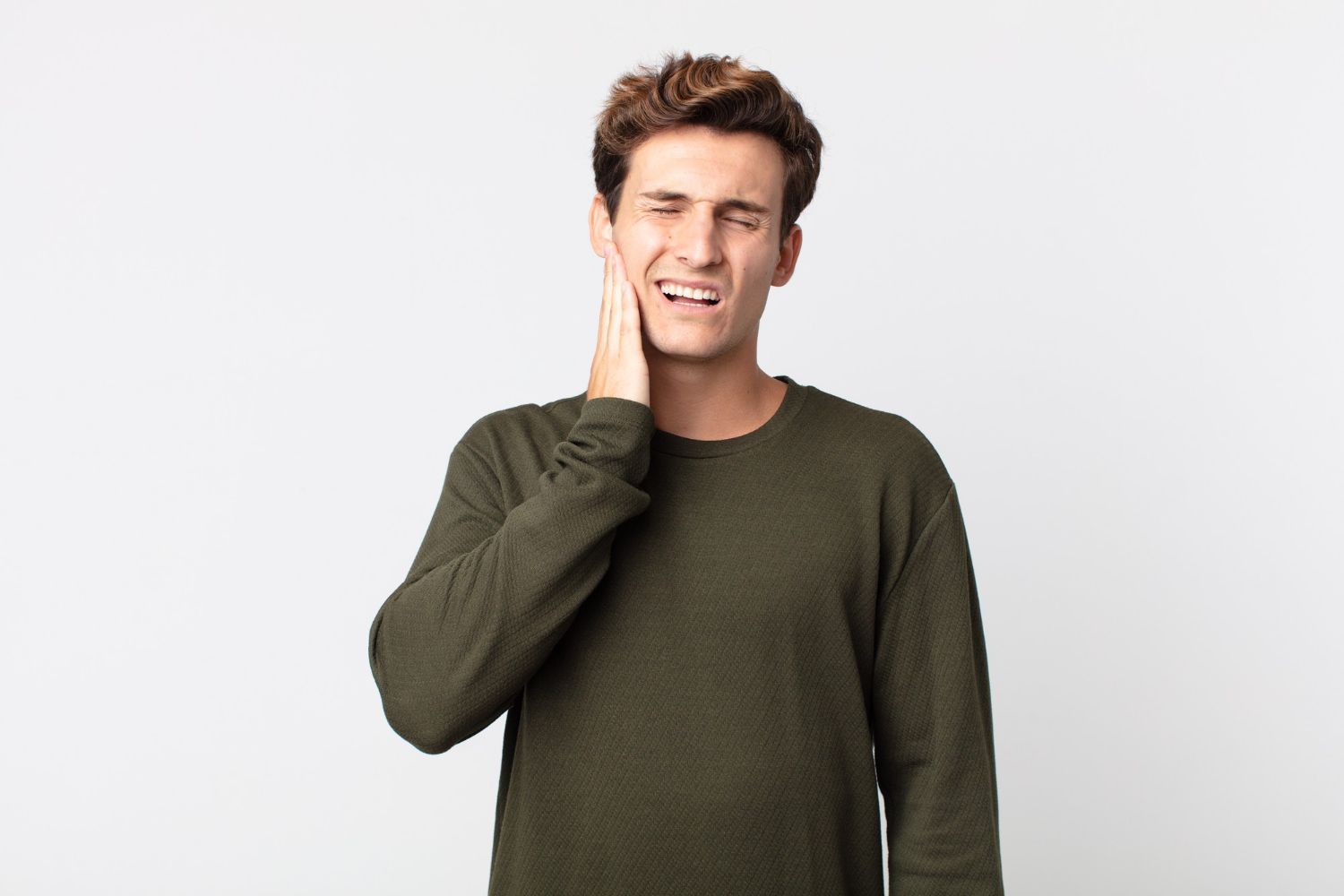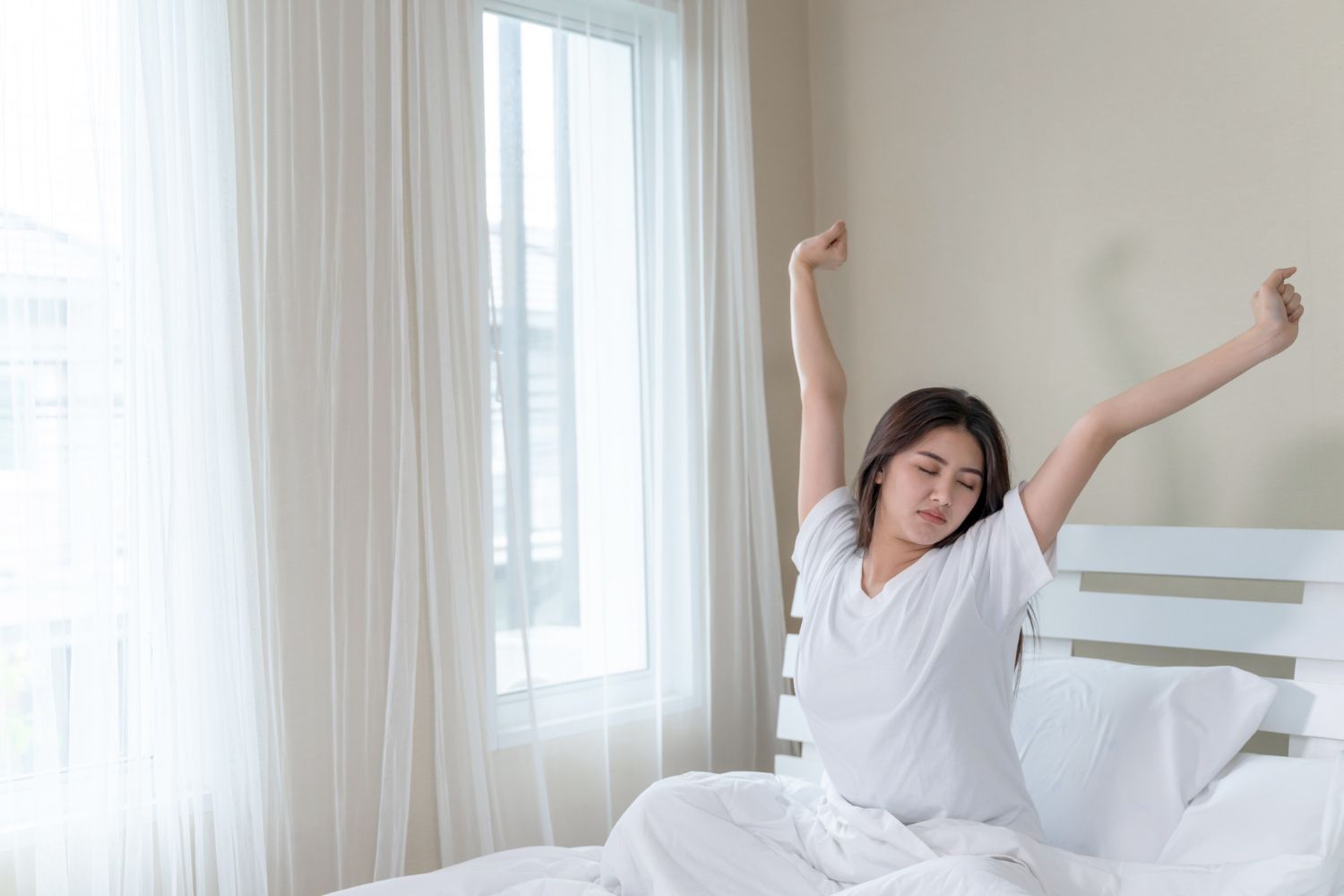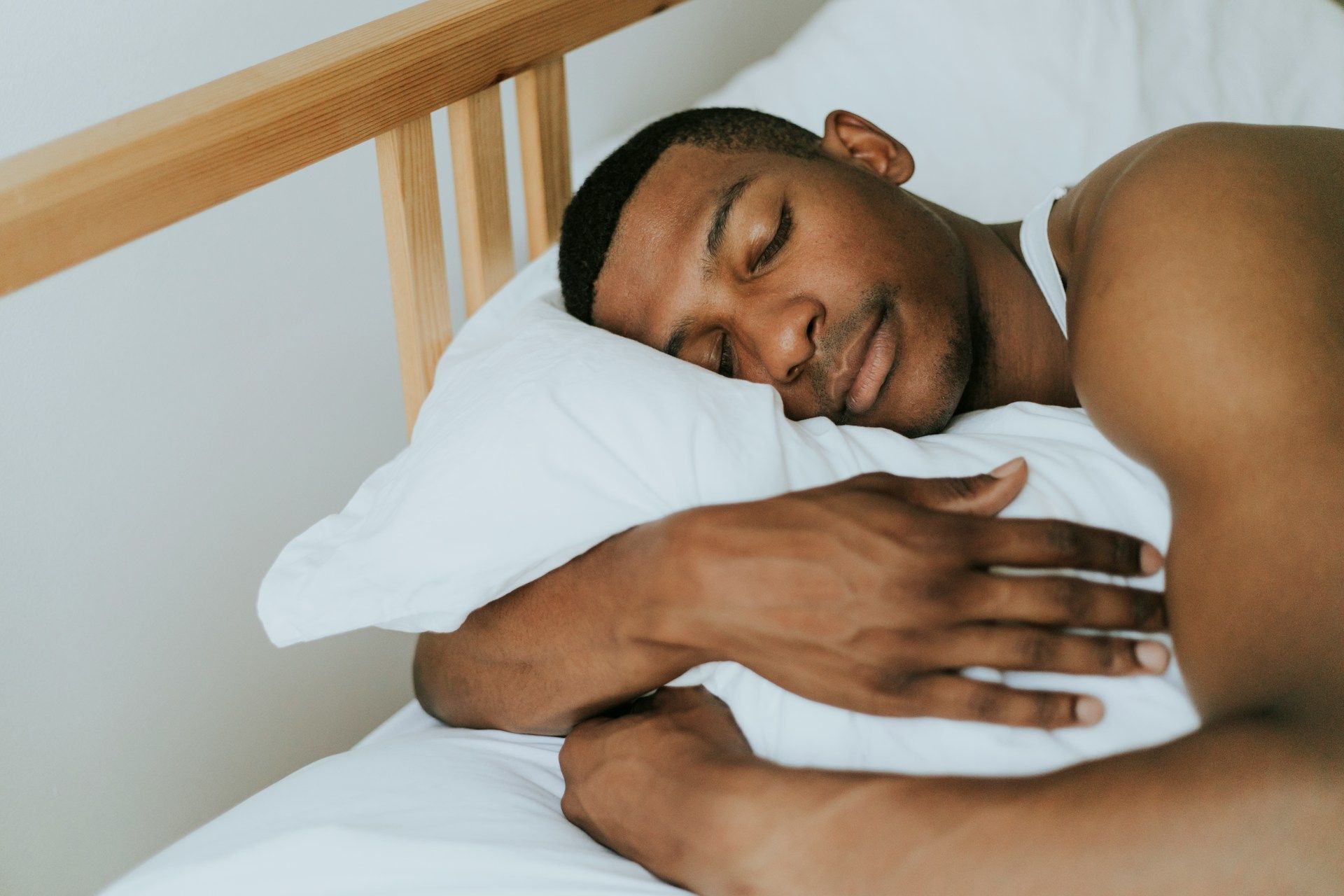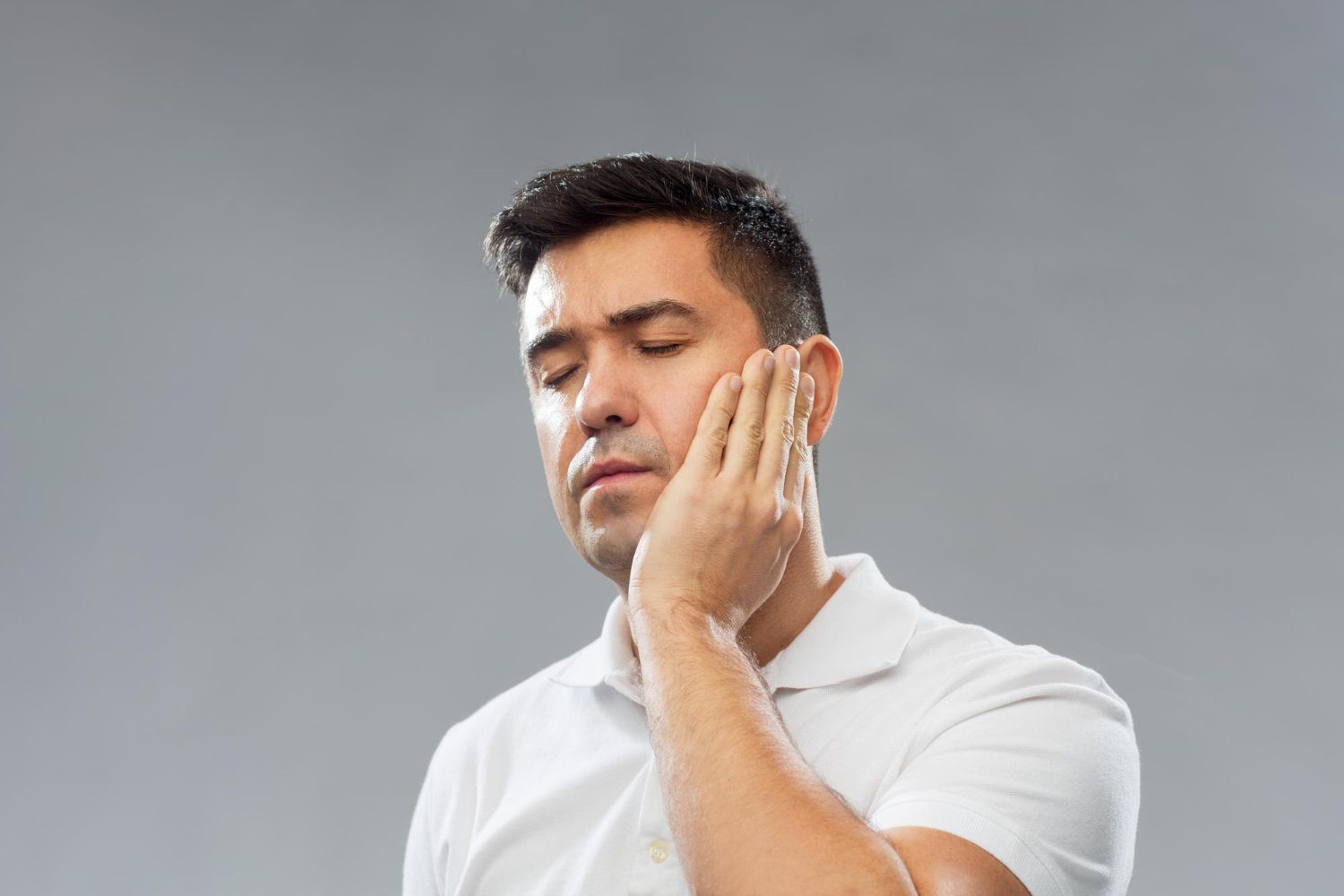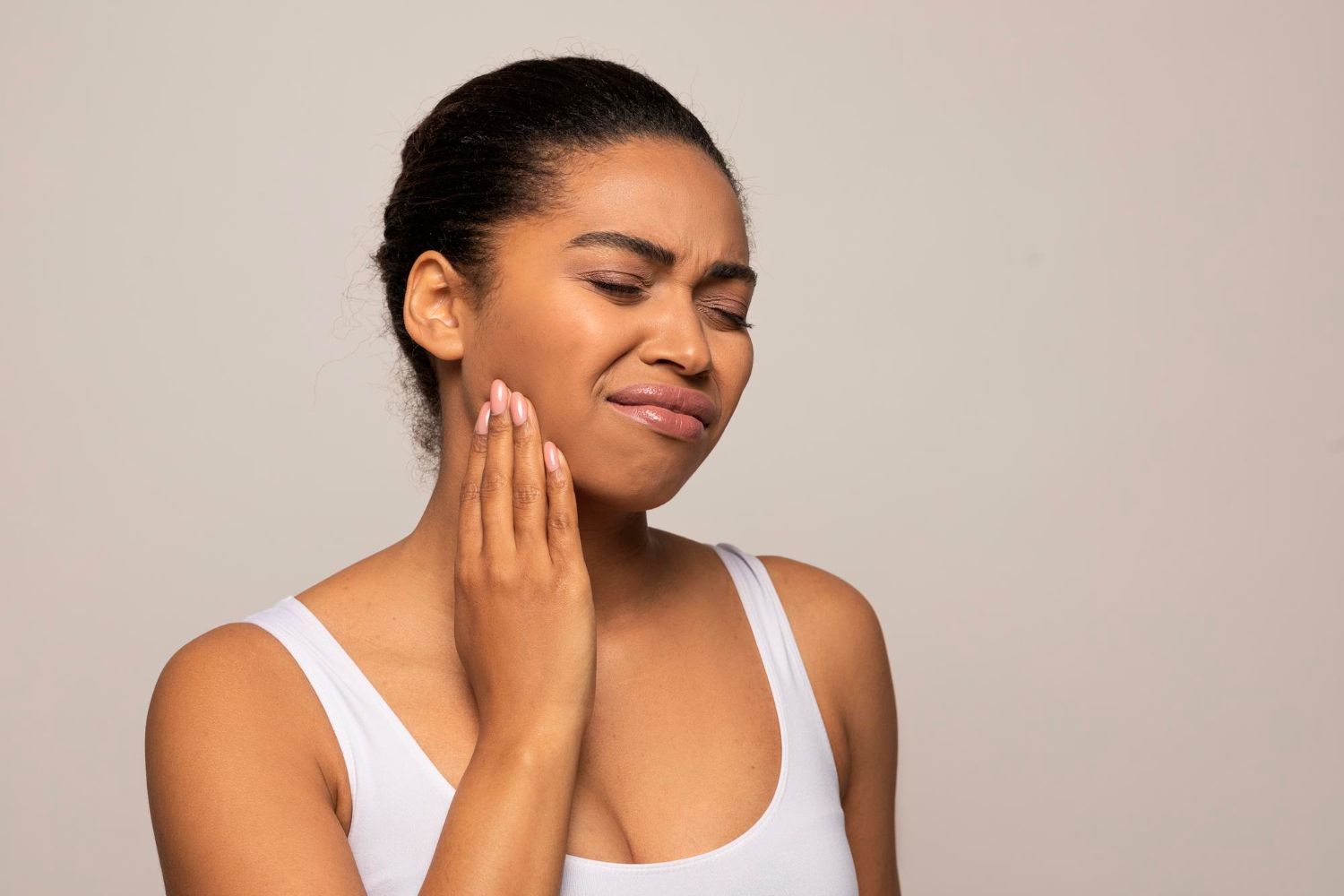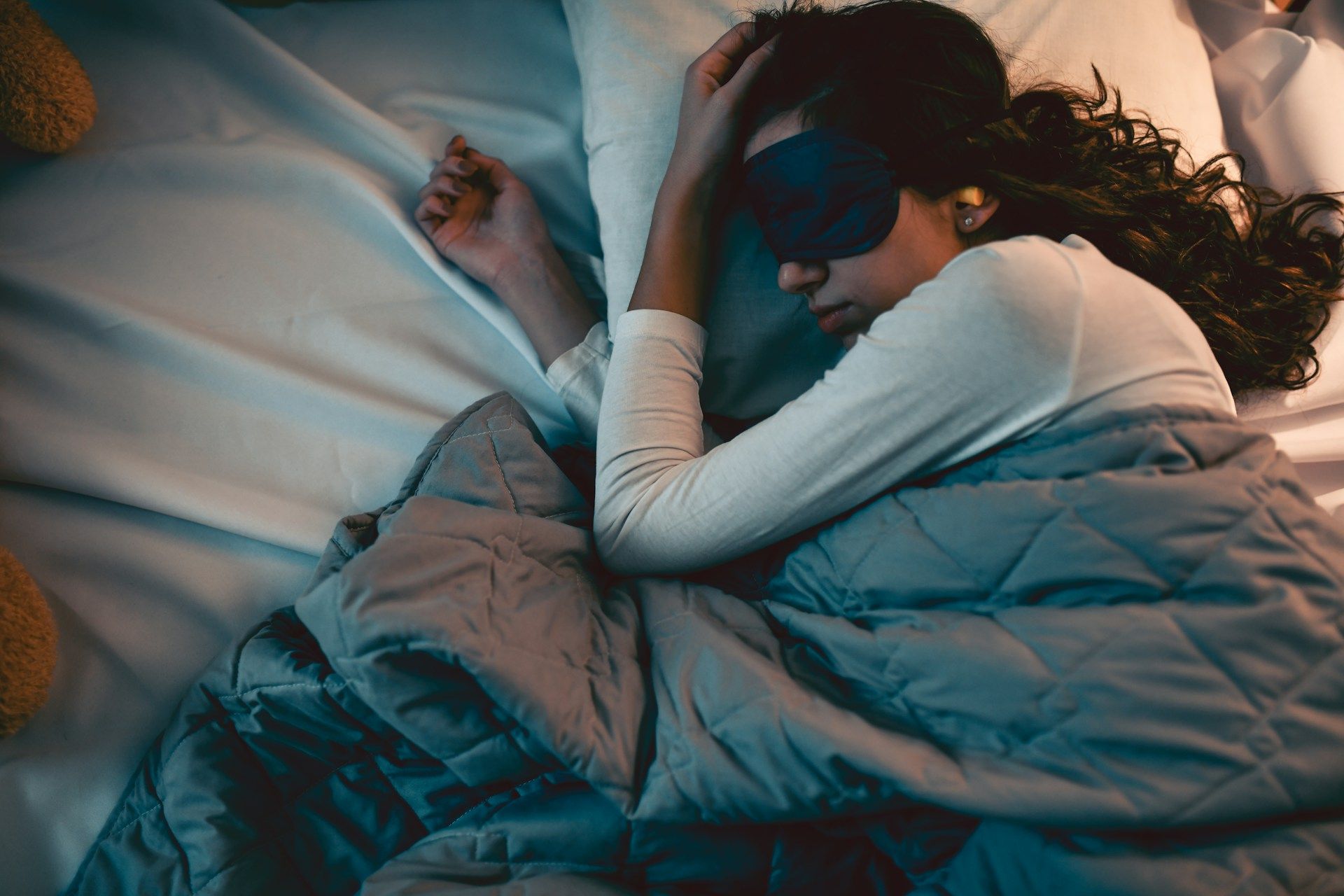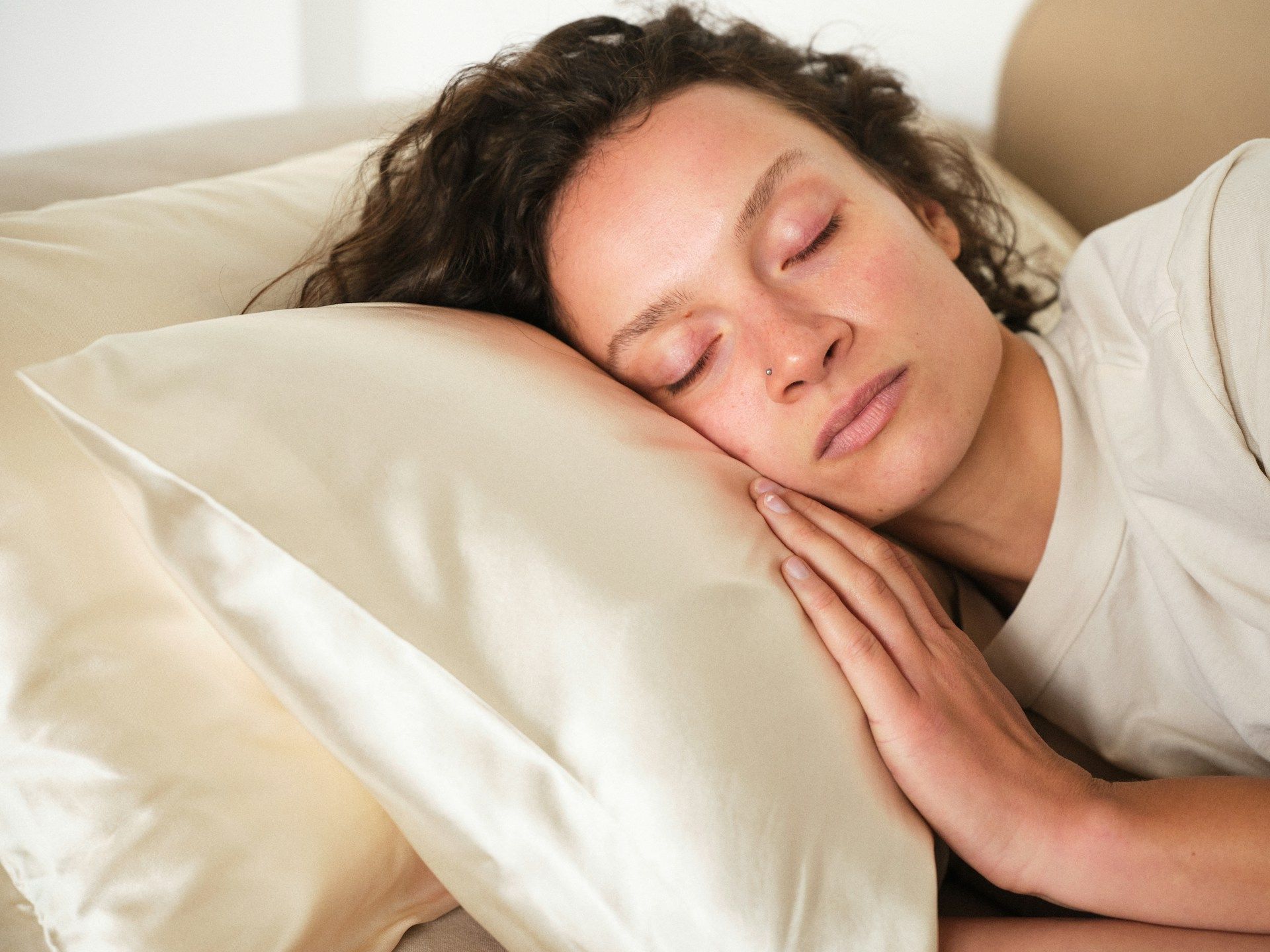Understanding and Overcoming the Connection Between Sleep Apnea and Anxiety
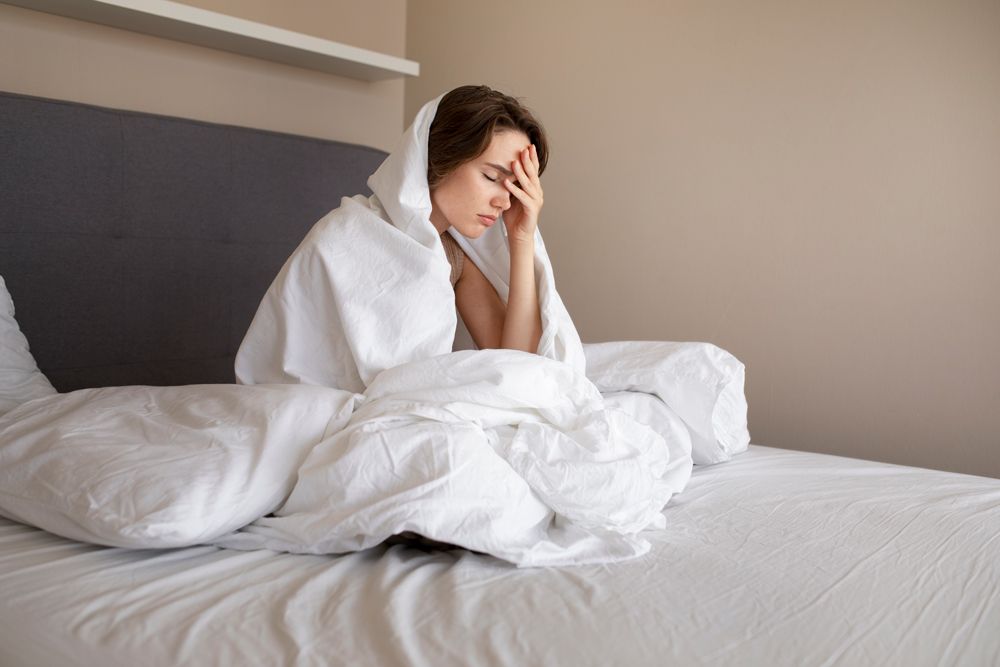
At CSAT Meridian - The Center For Sleep Apnea and TMJ in Meridian, ID, we are committed to addressing the diverse aspects of sleep-related disorders, focusing on creating comprehensive care plans that improve our patients' long-term health and well-being. Sleep apnea, a condition where breathing is briefly and repeatedly interrupted during sleep, can dramatically affect the quality of life for those who live with it. Furthermore, the impact of this disorder may not be limited to the nocturnal realm. There is growing evidence to suggest that sleep apnea shares a complex relationship with anxiety, a common mental health issue affecting millions of people every day.
For both patients and healthcare providers, it is crucial to understand the connection between sleep apnea and anxiety, recognizing the ways these two conditions can influence one another. Addressing the link between these disorders requires a targeted, integrated approach to care that takes overall well-being into account. When individuals and their healthcare providers view sleep apnea and anxiety as interrelated conditions, more effective and comprehensive treatment plans can be developed.
In this blog article, we will examine the link between sleep apnea and anxiety from multiple angles. We will discuss the ways that these conditions overlap in symptoms and consequences, explore the potential risk factors and triggers, and outline the available treatment options for individuals looking to break the cycle and regain control of their sleep and mental health.
The Connection Between Sleep Apnea and Anxiety
Sleep apnea can create a number of challenges for affected individuals, including daytime sleepiness, irritability, and fatigue. However, a lesser-known aspect of sleep apnea is its potential connection with anxiety, a mental health condition characterized by excessive worry and fear. There is growing evidence to suggest that sleep apnea can contribute to the development or exacerbation of anxiety, potentially creating a vicious cycle that worsens both conditions. Researchers believe the connection may be attributed to a combination of factors including disrupted sleeping patterns, chronic fatigue, and abnormal levels of brain chemicals related to sleep and mood regulation.
Symptoms Overlap: Identifying Sleep Apnea and Anxiety
Though sleep apnea and anxiety are different conditions, they can share several signs and symptoms, making it vital that healthcare providers and patients recognize when these issues may be interconnected. Possible symptoms seen in both sleep apnea and anxiety include:
- Difficulty falling or staying asleep: Insomnia can be a result of sleep apnea due to interrupted breathing during sleep. Similarly, people with anxiety may struggle to drift off because of racing thoughts or chronic worrying.
- Tiredness and fatigue: Both sleep apnea and anxiety can contribute to a persistent sense of exhaustion, negatively impacting daily functioning and overall quality of life.
- Mood disorders: Sleep apnea and anxiety can cause mood disorders, such as depression, which can manifest as irritability, sadness, or hopelessness.
- Difficulty concentrating: Those with sleep apnea may have difficulty focusing on tasks due to poor sleep, while anxiety sufferers may have trouble concentrating because of intrusive thoughts and distress.
Risk Factors and Triggers for Sleep Apnea and Anxiety
Several risk factors and triggers can contribute to sleep apnea and anxiety, with some factors directly influencing both conditions. Notable risk factors for sleep apnea and anxiety include:
- Obesity: Excess body weight increases the risk of developing sleep apnea, as fatty tissues can block the airway during sleep. Furthermore, obesity may lead to anxiety through negative self-image or physical health concerns.
- Genetics: A family history of sleep apnea or anxiety can predispose individuals to either or both conditions.
- Stress: Chronic stress can contribute to the development of anxiety and exacerbate sleep apnea symptoms, as heightened levels of stress hormones interfere with regular sleep patterns.
- Substance use: Alcohol and sedative drugs can relax the muscles in the throat, worsening the severity of sleep apnea. Additionally, these substances can cause dependence issues, increasing the likelihood of anxiety.
Treatment Options for Sleep Apnea and Anxiety
Due to the connection between sleep apnea and anxiety, it is essential to consider both conditions when developing a treatment plan. Effective treatment options for sleep apnea and anxiety may include:
- Oral appliance therapy: As mentioned earlier, custom-fit oral appliances, such as mandibular advancement devices, can help treat sleep apnea by repositioning the jaw to maintain an open airway.
- Counseling and therapy: Cognitive-behavioral therapy (CBT) can be beneficial for individuals with anxiety, as it helps them learn strategies to manage their thought processes and emotional reactions.
- Medication: In some cases, prescription medications such as anti-anxiety drugs or antidepressants may be considered as part of a comprehensive treatment plan.
- Lifestyle modifications: Adjustments in daily habits, such as weight management, following a healthy diet, incorporating regular exercise, avoiding alcohol or sedatives, practicing proper sleep hygiene, and managing stress, can positively impact both sleep apnea and anxiety symptoms.
Conclusion
The complex relationship between sleep apnea and anxiety requires a thorough understanding and a comprehensive approach by healthcare providers and patients. By addressing the connection between these conditions, more effective treatment plans can be developed, resulting in better management of both sleep apnea symptoms and anxiety.
At CSAT Meridian - The Center For Sleep Apnea and TMJ in Meridian, ID, our team of experts is dedicated to providing exceptional care for those suffering from sleep apnea and related challenges. With a commitment to addressing all aspects of their patient's health – including the connection between sleep disorders and mental well-being – our doctors aim to help individuals regain control of their sleep and mental health, elevating their overall quality of life. Contact our
Meridian sleep apnea clinic for more details.

